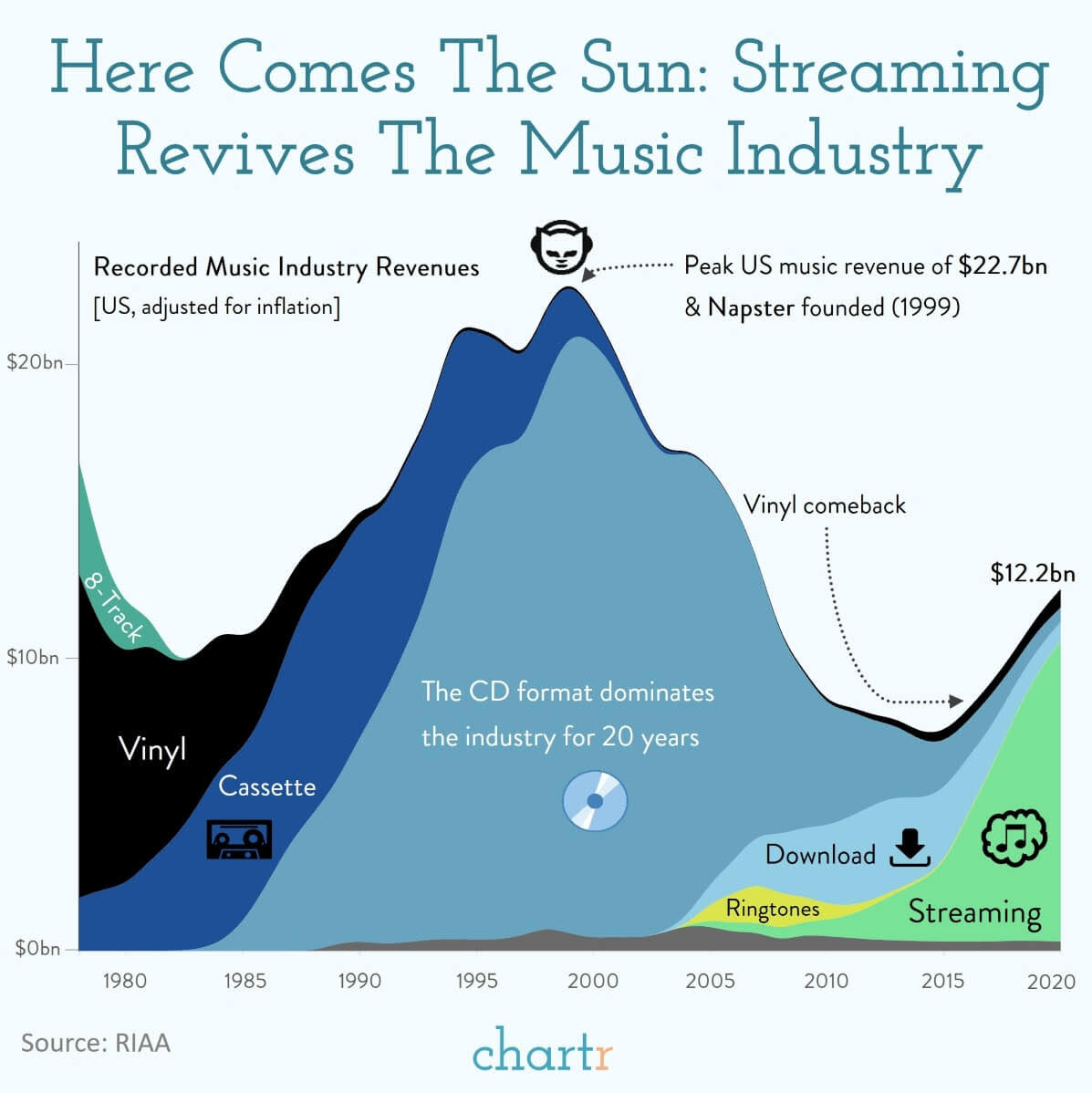The weekend is here! Pour yourself a mug of Danish blend coffee, grab a seat on your favorite chair, and get ready for our longer-form weekend reads:
• The Coming War Over Digital Currencies—and What It Means for Your Money The war over money is heating up: For the first time in more than a century, the dollar’s supremacy is being challenged. The rise of cryptocurrencies and “stablecoins” has spurred a rethinking of what a currency is, who regulates it, and what it means when it’s no longer controlled by a national government. The dollar itself may be getting an overhaul, transformed into a digital currency that can travel instantly around the world, holding up against Bitcoin or any other token. (Barron’s)
• The Energy Future Needs Cleaner Batteries They rely on the specific qualities of certain elements to work. The highest-performing lithium-ion batteries on the market today require cobalt, and cobalt is hard to come by. To deal with climate change and power the cars of tomorrow, we’ll have to solve the cobalt problem. (Businessweek)
• Did Occupy Wall Street mean anything at all? A look at the legacy of the movement that swept the world, ten years on. In June 2009, the US Federal Reserve reported that household net worth in America had fallen some $14tn over the span of two years. And yet, by the time Holmes and others were being arrested in lower Manhattan, very little had been done to bring the perpetrators to justice. (Financial Times)
• Does Your Favorite Brand Have a Hidden Message? Why computing developed such an Easter egg addiction is unclear, though several catalysts spring to mind: the in-joke meme-rich culture of coding; the joy of experts talking over the heads of users; the quest for credit when programmers were traditionally anonymous; and the painstaking process of compiling code which inspires pains to be taken inside the code. What every company can learn from Alfred Hitchcock, Sherlock Holmes and NASA. (Bloomberg)
• In Amazon’s Flagship Fulfillment Center, the Machines Run the Show At BFI4 outside Seattle, the retailer uses algorithms and robots to ship more than a million packages a day—vastly changing the jobs of humans in the process. (Businessweek)
• America’s meat supply is cheap and efficient. Covid-19 showed why that’s a problem. In the wake of pandemic disruptions, even big meatpacking states are exploring ways to create smaller, regional alternatives to our highly centralized meat industry. (Politico)
• The Interface Phase. We shape our interfaces; thereafter, they shape us. Each new phase of the internet — Web 1.0, Web 2.0, and Mobile — relied on new digital spaces to attract consumers. From text-based to graphical to interactive to mobile apps, new interfaces brought new adoption. Each phase was enabled by new infrastructure beneath the surface and pushed to popularity by the apps built on top, but each also required new interfaces to achieve broad adoption. (Not Boring)
• The Battle for Digital Privacy Is Reshaping the Internet As Apple and Google enact privacy changes, businesses are grappling with the fallout, Madison Avenue is fighting back and Facebook has cried foul. (New York Times)
• The Secrets of The World’s Greatest Freediver With only a single breath, Alexey Molchanov, history’s most daring freediver, is reaching improbable depths—and discovering a new kind of enlightenment as he conquers one of the world’s wildest sports. (GQ)
• Nevermind at 30: How the Nirvana album shook the world Thirty years after its release, Seattle rock trio Nirvana’s breakthrough album Nevermind retains an evocative power. When I hear its opening notes, I’m rocketed back to a teenage house party in suburban London; in that darkened parlour, I could feel guitars and machines fighting for my soul. (BBC)
Be sure to check out our Masters in Business interview this weekend with Hubert Joly, former Chairman Chief Executive Officer of Best Buy, who turned the company around, returning them to profitability and a 10X stock run in the face of competition from Amazon. He has been named a Top 100 CEOs by Harvard Business Review, and 10 CEOs in the U.S. by Glassdoor. He is the author of a new book “The Heart of Business: Leadership Principles for the Next Era of Capitalism.”
U.S. Recorded Music Revenues by Format 1973 to 2020

Source: RIAA via Chartr
Sign up for our reads-only mailing list here.
~~~
To learn how these reads are assembled each day, please see this.

